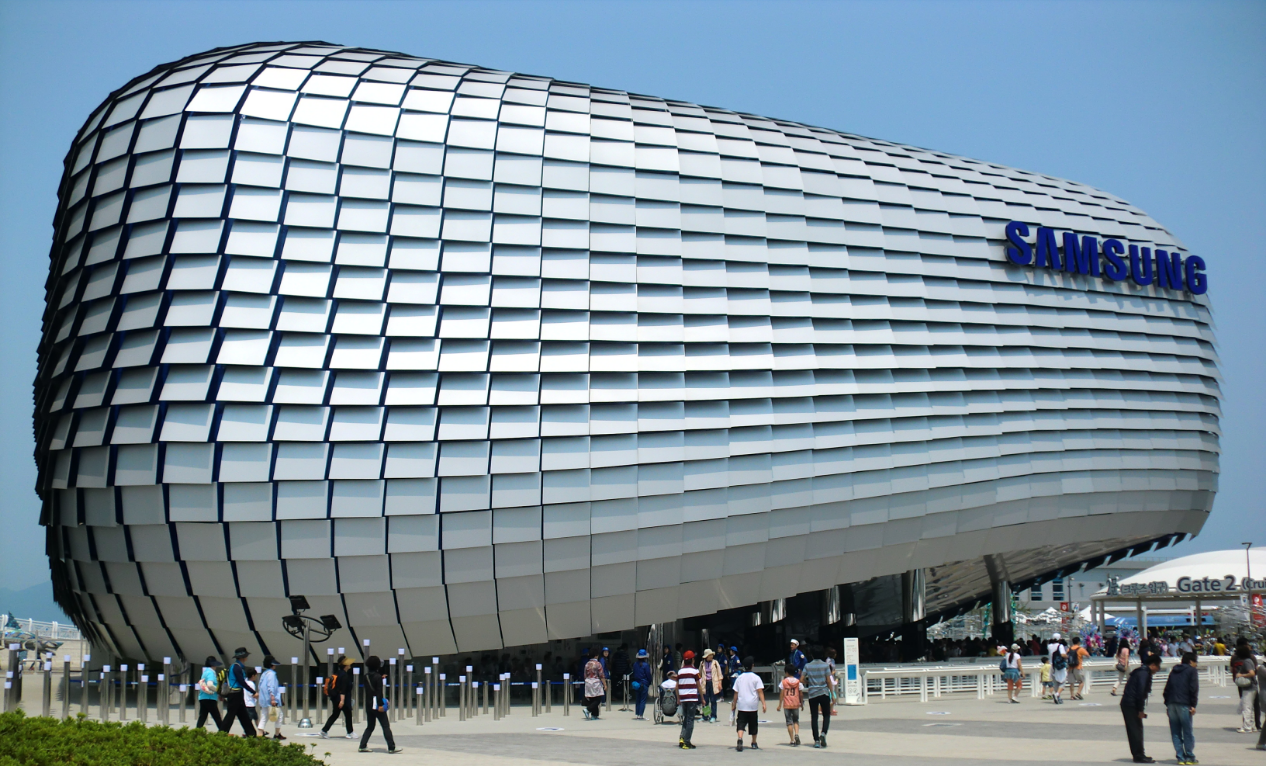Samsung announced the start of mass production of chips with 10 nm architecture

Against the background of the failures of recent months , Samsung has not abandoned the previously planned steps to develop its products. Today, the Korean giant announced the start of mass production of its own chips with a technical process of 10 nanometers, reports Reuters .
In addition, the Korean giant has signed an agreement on the production of other chips on the 10 nm process technology - Snapdragon 830. This is the development of Samsung's competitor in this field, Qualcomm. The latter is not afraid to turn to its own rivals in the market, possessing the necessary capacities. In addition to the production of the new Snapdragon 830, Samsung will install its Qualcomm processor into its new smartphone, the Galaxy S family, which is expected to be released in 2017. The scope of the use of its own chip process technology 10 nm is not reported.
Intel, one of the largest manufacturers and developers of chips and microprocessors, only in August of this year completed work on its latest family of processors, CoffeeLake, whose process is still 14 nm. The successor to CoffeeLake will be 10 nm CannonLake . The first generation of 10 nm processors from Intel is expected not earlier than the second half of 2017, and finally the full potential of the technology will be revealed only at the end of the production and optimization cycle, which is 3 years for Intel, that is, by 2020.
Another major representative of the sector is the Taiwanese company TSMC, working on a 10 nm process technology for the A11 processor, the family of which is used in Apple technology. New Apple Products Expectedequipped with an A11 processor, will go on sale in the second half of 2017.
In fairness, it is worth noting that Snapdragon, A11 and the Samsung chip itself are aimed primarily at the mobile sector, while Intel is focused on the maximum range of applications for its products, ranging from wearable devices to servers. And if solutions on the 14 nm technical process for the classical sector can be scaled and upgraded, then in the mobile segment the degree of competition is so high that it constantly requires new technological solutions.
Samsung suffered serious reputational losses due to problems with its latest flagship Galaxy Note 7. This obliges Koreans to make their next product truly innovative, at least in terms of the hardware used, and the expected release of the next Galaxy S in the first half of 2017 will allow overtake the main competitor in the premium segment - Apple, by almost half a year.
